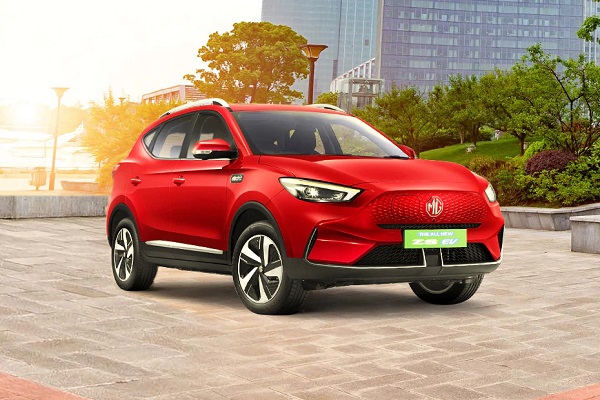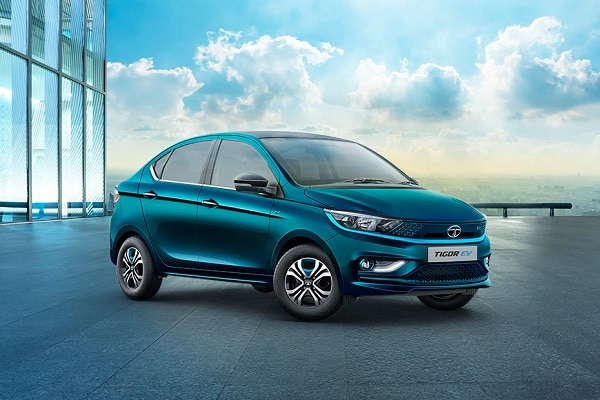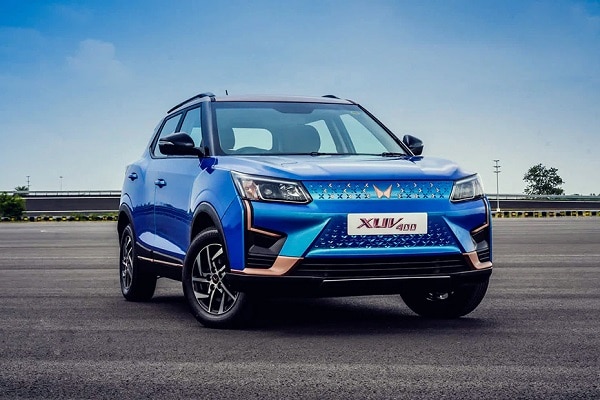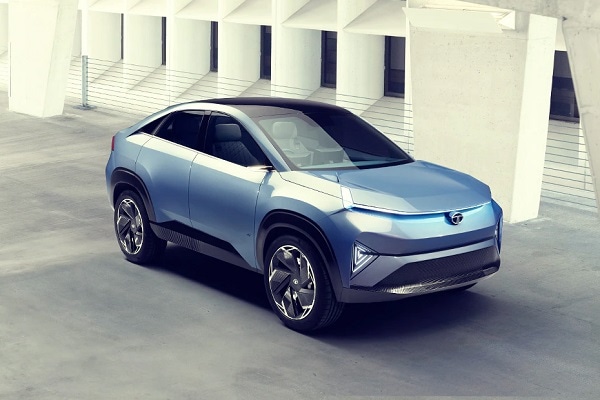Buying an electric vehicle? Know the tax benefit you can avail
- Electric vehicle buyers in India can get income tax benefits under Section 80EEB.
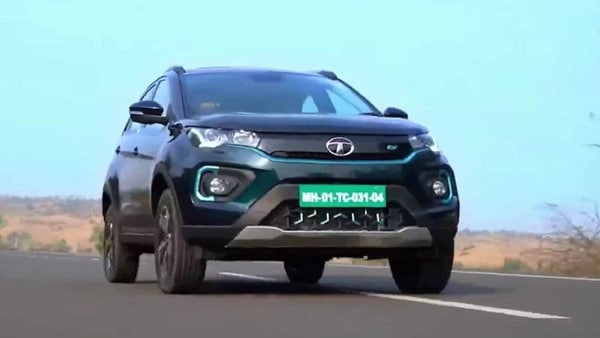

Electric vehicles have been witnessing increasing demand across India in the last few years. The covid-19 pandemic has accelerated the pace of personal mobility adoption and incessant hike in petrol and diesel prices have fuelled demand for electric vehicles. Electric vehicles are proving not only zero-emission but efficient compared to traditional ICE models. Overall, EVs are cost-effective through their ownership experiences. Another advantage of electric vehicles is the tax benefits they come with.
Also Read : Delhi govt to induct 1,500 low-floor electric buses in its fleet
States such as Delhi, Maharashtra, Gujarat, Andhra Pradesh, Tamil Nadu, Karnataka, Telangana and Meghalaya have announced their respective policies to promote electric mobility. The states like Delhi, Gujarat, Maharashtra and Meghalaya are focusing on offering incentives to the EV buyers. On the other hand, states such as Karnataka, Tamil Nadu, Andhra Pradesh and Telangana are focusing on manufacturer-based incentives.
Also check these Cars
Buying an electric vehicle with a vehicle loan can make you eligible for income tax benefits under the 80EEB. Also, an EV purchase will bring you tax benefits on GST, with the government cutting the rate to five per cent from the previous 12 per cent.
Here is the tax benefit you can avail of while purchasing any electric vehicle.
Tax benefits under 80EEB
India's income tax rules consider cars for personal use and as luxury products, for which the consumers don't receive any tax benefits on vehicle loans. However, consumers of electric vehicles can avail of tax benefits on their vehicle loans under the recently added section known as 80EEB. Under the 80EEB, consumers of EVS opting for loans will be eligible for tax deductions up to ₹1.5 lakh on interest paid on the loan amount. The rule is applicable for both four-wheel and two-wheeler EVs.
Conditions to avail tax benefit under 80EEB
There are some conditions to receive the tax benefits under 80EEB.
- The consumer who has never owned an EV before can avail of tax relief on a loan under Section 80EEB.
- The tax relief will be available for consumers who will buy an electric vehicle on loan. The loan financing agency should be the registered banks or NBFCs.
- The tax relief will be available to individuals only, not to businesses.
- The tax relief under Section 80EEB can be availed from FY2020-2021 onwards.
- The income tax relief under Section 80EEB can be availed for payoffs of all the EV loans taken between 1st April 2019 and 31st March 2023.







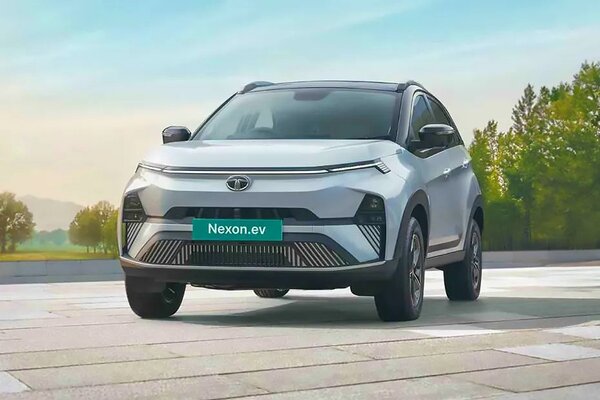
 40.5 kWh
40.5 kWh 465 km
465 km